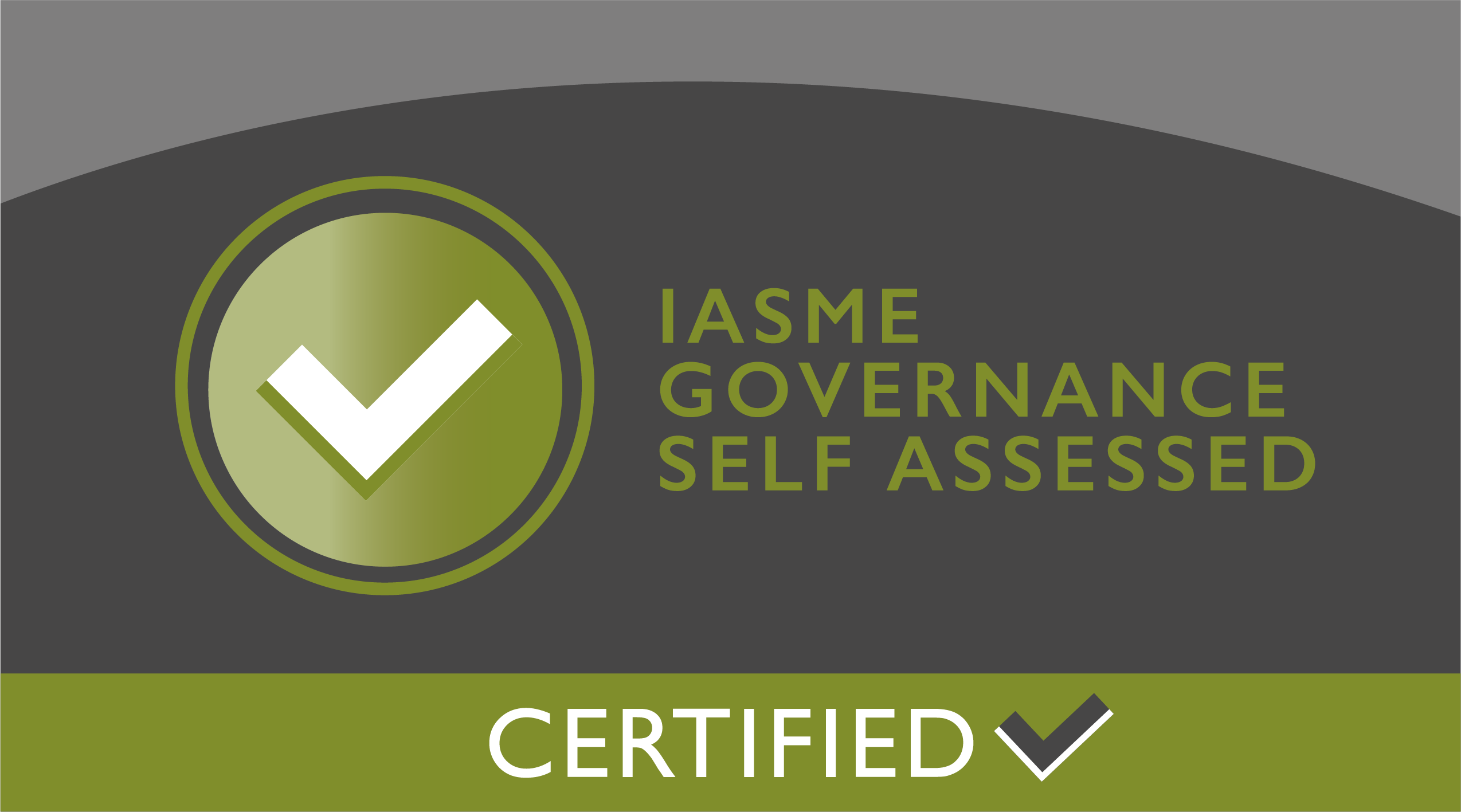How many hours a day do you spend on the phone? And how many of those hours are essential? How often do you think to yourself: ‘this call could have been taken by someone else, or communicated to me in a voicemail/email?’
Today, time is the new currency. Sitting in meetings or on the phone no longer means you are working at your most productively (that’s if it ever did). No matter what your role and industry, it’s safe to presume you’d rather be planning, creating, designing, strategising or analysing – in other words, doing your job.
With VoIP telephony – or Voice over Internet Protocol telephony – telephone systems replace traditional hard-wired office phone systems by using your computer network instead. It’s a flexible, cost-effective system and gives you the freedom to switch between internal, national and international telephone communications.
In this post, we’ll be taking a closer look at how this system transforms the way you and your team communicates, ensuring that whether it’s for time, cost or convenience purposes, your needs are being met by your phone system.
How VoIP works
Running on the internet instead of hard-wired phones means the devices on your VoIP network can be anywhere you want them to be. As organisations are increasingly embracing remote working styles, having the flexibility to make calls anywhere at any time is essential to busy, growing businesses.
The technology uses your internet protocol’s packet-switched connections to exchange voice, fax and other forms of information. With just an internet connection, calls travel as “packets” of data on a line that is shared by your whole team. So what are the advantages of this model?:
- Avoidance of fees or tolls, particularly in long-distance calls
- A consistent and accessible service offering clearer voice quality
- Lower running costs
- A secure link that guarantees confidentiality between users
- Complete portability as it can run off a landline, PC or mobile phone
- Scalability with your team as it grows.
Important features of VoIP telephony
Your team can be provided with a locally installed VoIP system for your offices, or alternatively a cloud-based VoIP system for companies that prefer not to have their IT infrastructure kept in-house. With the changing landscape of work environments, it’s vital there is flexibility to find a solution that suits the kind of business you are.
Some of the most exciting features of VoIP telephony include:
- Intelligent number: The function of intelligent Number (iN) is to provide a ‘follow me’ service. This allows users to become available for calls when they are in any location and receive a call on their extension or DDI number. iN can be used in conjunction with voicemail and faxmail features so your team never misses a call.
- Intelligent assistant: intelligent Assistant (iA) can be added to intelligent Number functionality, and enables you to pass calls to alternative numbers if you aren’t available, sharing the responsibility amongst your team. Plus, your mailbox can be configured to provide differential call handling, depending on the caller’s origin and the user’s availability status.
- Contact centre: A contact centre team provides a virtual ACD service for users. The team can be configured to distribute calls on either a linear, circular or longest idle basis, and in the event everyone is busy, a team mailbox will pick up the call which anyone in your elected team can then access to help share your workload.
- IVR service: The IVR (Interactive Voice Response) service allows the provision of sophisticated, customised business telephony applications. These are produced individually by the customer or to an agreed customer specification. They can include calendar control, emergency mode, multi-level single-digit menus, voice- and fax-back services, voice forms and call transfer.
- Instant conferencing: Instant Conferencing delivers fully functional multi-party conferencing services. A chairperson hosts the call by dialling in, then other members can easily join the call with their participant log-in number. The call can be recorded for various business purposes, and an alert is issued to let everyone know when the call’s duration is almost at an end to help you manage your time.
- Call recording: VoIP telephony offers the option to record all calls, or on demand. This service allows calls to be securely stored in mailboxes for protection. It’s easy to share these recordings with relevant parties via email after the call is finished, to use them for internal training, or to help with content creation – the sky’s the limit.
- Voicemail: You’ll benefit from a voicemail inbox that gets highly customised to your needs. Callback functionality, length of message, personalisation of greetings, the ability to find out the contact originator, ‘breakout of message’ options, and even integrate voicemail with your email inbox to alert you when you’ve received a message.
Could you benefit from the above functions at your business? Could they save your team time, money, stress and energy? If you’re tired of chasing customers, trying to balance multiple incoming calls, and justifying your existing telephone budget, then VoIP telephony could be the solution for your team.
If you’d like to talk to someone at Assembly Managed Services about how to streamline your telephone service and to find the best solution for you, then we’d love to speak with you for a free consultation:






